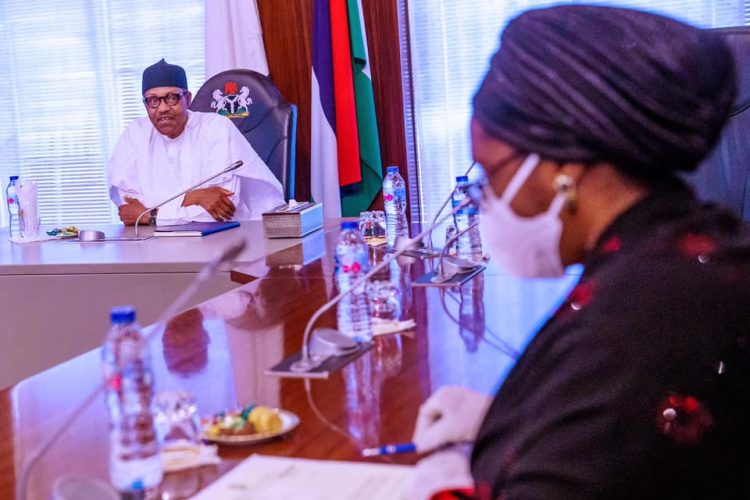There are no products in your shopping cart.
| 0 Items | £0.00 |


NIGERIA'S combined debts to the World Bank and African Development Bank (AfDB) doubled to $14.25bn as of at the end of March this year from $7.14bn in June 2015 according to information just released by the Debt Management Office (DMO).
Due to combination of several factors, including falling oil prices, investor departure and lately the coronavirus pandemic, Nigeria's economy has been through several recessions, forcing the government to step up borrowing. As a result, between June 30 2015 and March 30 2021, Nigeria's debts to both banks increased by $7.11bn or 98.48% during the six year period.
As of June 30, 2015, Nigeria's federal government had only borrowed a total sum of $6.19bn from the World Bank but this has since ballooned. A greater part of the loans were obtained from the International Development Association (IDA), an arm of the World Bank that specialises in giving concessional loans to poor and fragile countries.
According to the DMO, as of 2015, the IDA's commitment to Nigeria amounted to $6.09bn. Another member of the group, the International Fund for Agricultural Development, had a commitment of $94.80m in the country.
Similarly, at the same time, the AfDB commitment to the country stood at $946.52m, comprising loans from various internal bodies such as the African Development Bank ($350m) and the African Development Fund (ADF) ($596.53m). However, this too has since ballooned.
By March 31, 2021, the federal government’s debt to the World Bank had risen to $11.51bn, reflecting a $5.32bn or 86% increase. This debt portfolio included loans of $11.10bn and $410.23m from the IDA and the International Bank for Reconstruction and Development respectively.
With a commitment of $11.51bn, the World Bank is responsible for 35.02% of Nigeria’s foreign portfolio of $32.86bn as of March 31 this year. During the same period, the federal government acquired $1.59bn from the AfDB, $0.21m from Africa Growing Together Fund and $942.51m from ADF.
This brought the AfDB’s commitment to the country to $2.74bn, representing 8.3 per cent of the country’s total external debt. Most of the loans from the World Bank and the AfDB were tied to a programme or specific infrastructure projects.
On December 14 2020, for instance, the World Bank approved a $1.5bn loan to Nigeria, earmarked for a Nigeria Covid-19 Action Recovery and Economic Stimulus Programme and the State Fiscal Transparency, Accountability and Sustainability Programme. With regards to the AfDB, on June 5, 2020, a $288.5m loan was approved to help Nigeria tackle the Covid-19 pandemic and mitigate its impact on people and businesses.